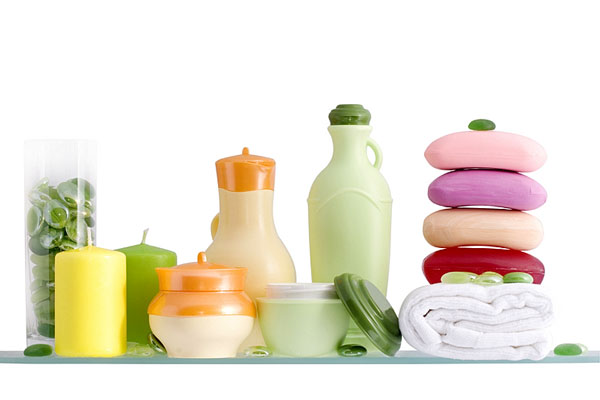Most of the leading personal care marketers were hit by higher costs of goods caused by the recent recession. While the high crude oil prices from the beginning of 2008 resulted in higher raw material, processing, packaging, and distribution costs, these normalized in the second half of 2008 and the first half of 2009. The recession brought about other significant challenges for personal care marketers during this time. Cosmetic companies had to develop a wide range of strategies in order to keep pace with their competitors.
The luxury segment sold primarily through department stores or specialty stores in shopping malls suffered as cost-conscious consumers opted to cut their spending on such non-essential products, trading down to lower-priced mass brands instead of buying prestige. Affected by this trend, retailers accepted lower inventories, and for companies such as Limited Brands, Estée Lauder, and L’Oréal this created challenging times with higher costs and lower operating margins.
Other companies competing mainly in the mass channels have made strategic decisions to either increase retail prices or reduce expenditures to offset their higher costs. For example, Procter & Gamble has raised retail prices for many of its hair care brands in order to maintain and improve operating margins for this business during the recession. On the other hand, Johnson & Johnson has made considerable reductions in its ad spending across the board for its personal care brands during 2008 and the first half of 2009, and as a result improved its margins significantly over the 2007 timeframe. Clorox’s Burt’s Bees division has expanded from a niche marketer to the mass channels and has added advertising expenses where it did not previously incur such costs. Consequently, margins for Burt’s Bees declined in 2008 and the first half of 2009 as compared with 2007.
In light of a difficult job market, direct sales companies driven partly by the earnings potential for person-to-person sales experienced growth. Unemployed persons often turn towards opportunities with such direct sales companies to supplement their income. For this and other reasons, Avon, Bare Escentuals, and Mary Kay have fared well during the recession and for the most part were able to maintain operating margins.
Despite a more cost-challenging environment, many personal care marketers continue to expand their environmental awareness and embrace production of environmentally friendly products. Some of them focused on the entire production, packaging, and operating processes. These efforts have lead to higher costs; however, marketers are banking on their ability to charge higher prices for these products and that “value-focused,” “environmentally aware” consumers will not only seek out such products, but also be willing to pay more for them.


